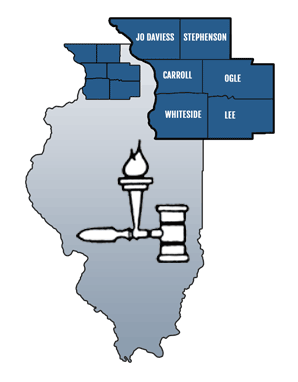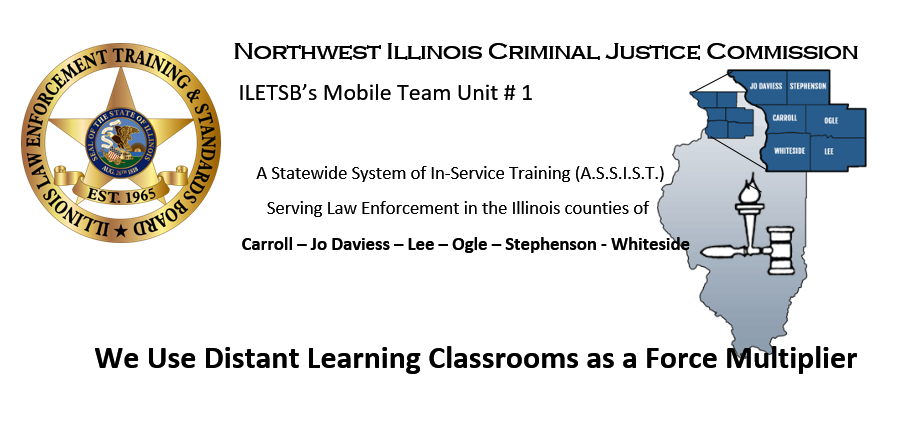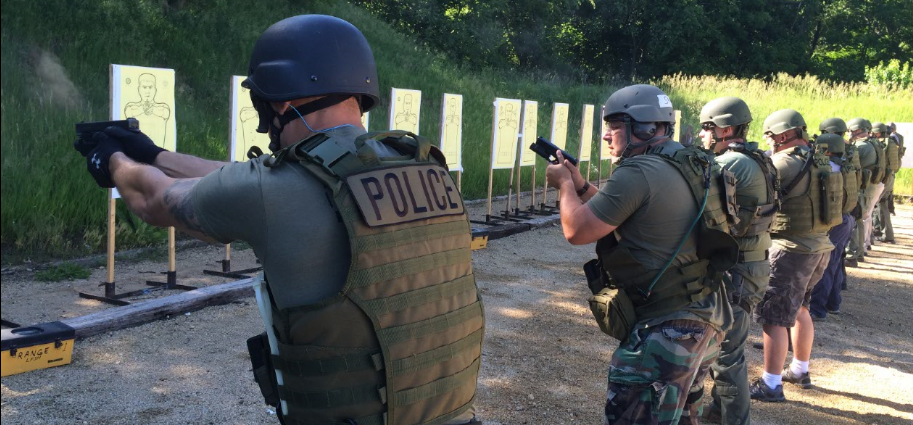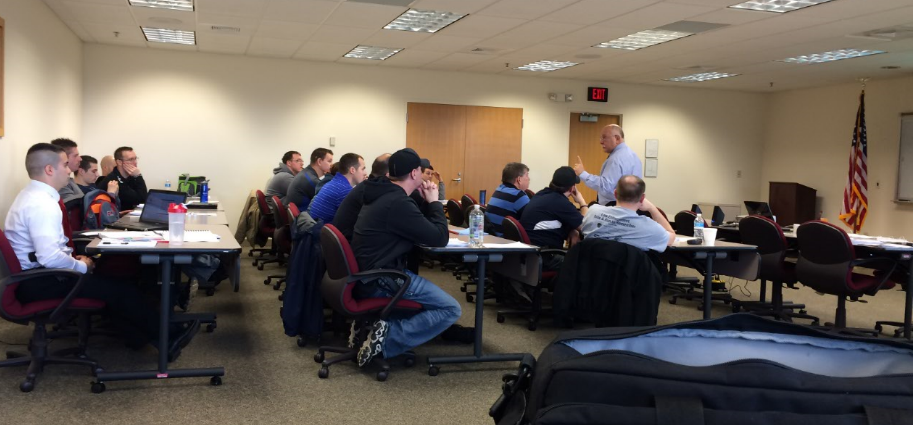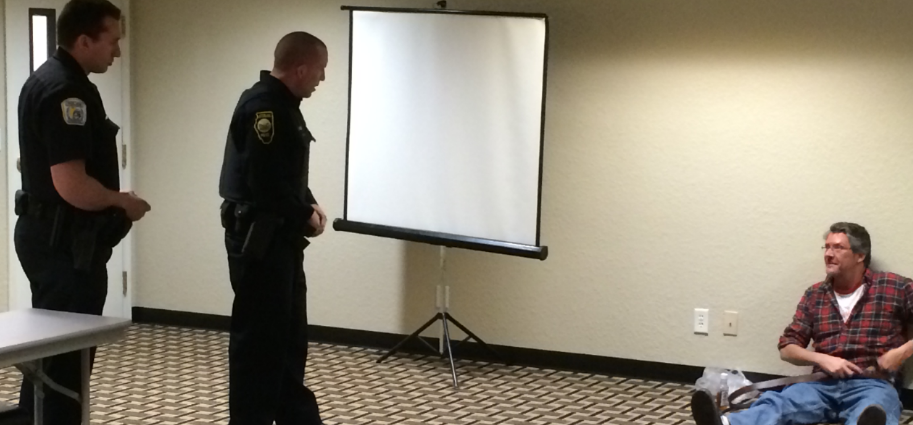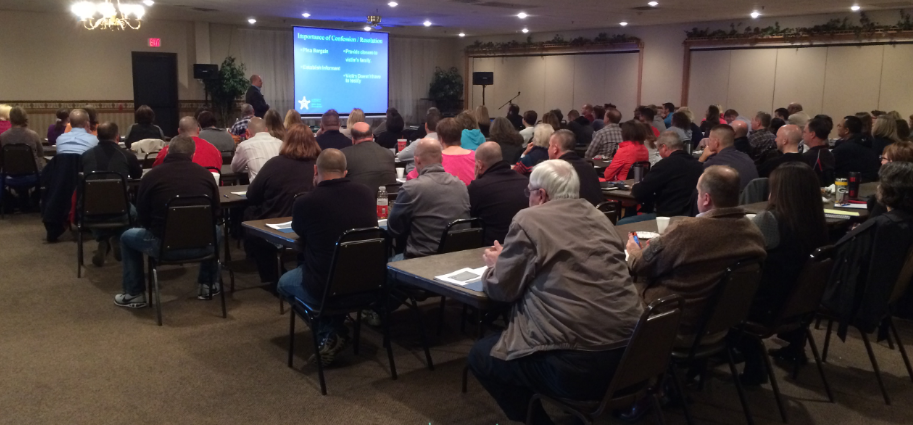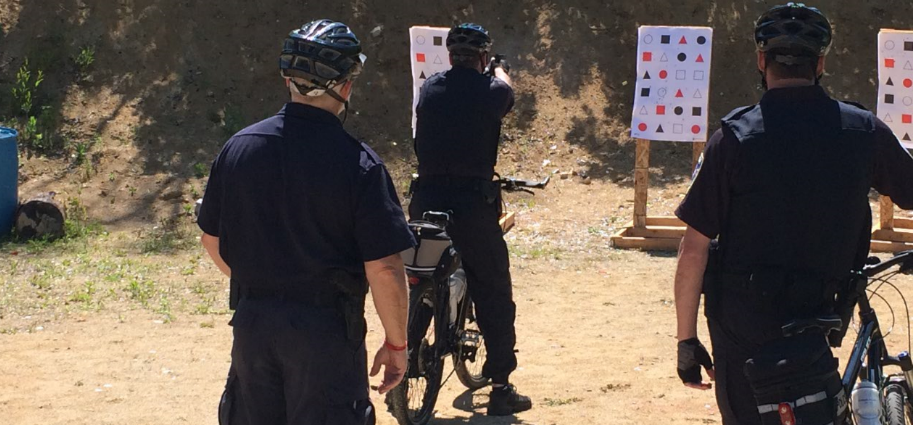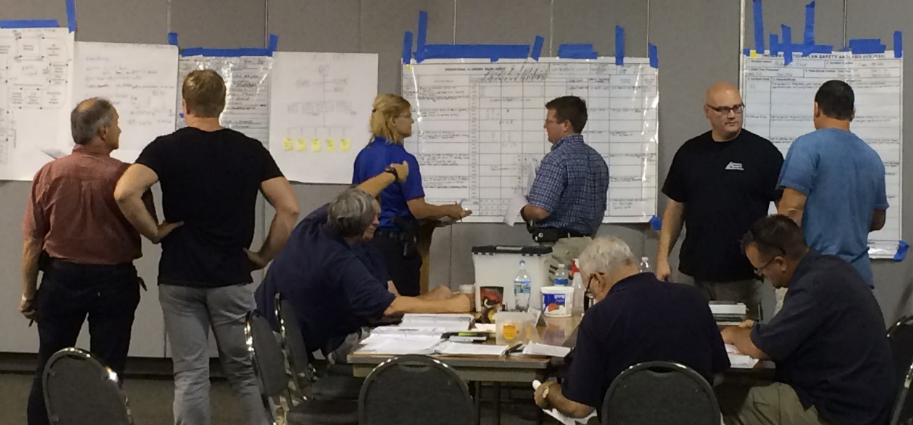Basic Computer Networking & Internet Topics for 1st Responders-Freeport
Registration Deadline: Friday, January 11, 2019
Time: 8:00 AM - 4:00 PM
Stewart Center West
Freeport, IL
Members' Fee: $0
Sworn Non-Members' Fee: $0
Non-Members' Fee: $0
DOWNLOAD FILE
Overview: Computer Networks and the Internet have grown rapidly in recent years enhancing the opportunity for electronic crime in society. Criminals use computers, computer networks and technology to coordinate their criminal activities online. Criminals can trade and share information, mask their identity, identify and gather information on victims, and communicate with co-conspirators as seen with the attacks of 911 terrorists. Web sites, electronic mail, chat rooms, and file sharing networks can all yield evidence in an investigation of computer-related crime. This class is intended to keep law enforcement professionals aware of the risks associated with technology related crimes. Promote new investigative techniques; discuss crime prevention strategies to apprehend criminals. Supervisors, patrol officers, parole/ probation officers should all attend this training.
Course Objectives:
This course is designed to introduce officers to the investigative value associated with networks & the internet. Officers will obtain the basic knowledge and skills to recognize networking and internet topics for law enforcement personnel. Areas addressed in this course include the networking hardware, software, ethics, and network examination standards. Planning for onsite enforcement activities: Note taking, Electronic Evidence Field Collection E-Kits, report writing, legal concerns when dealing with a network environment. Special emphasis will be given to computer network investigations as it pertains to cybercrime, terrorists and the internet. The course will also address legal principals regarding computer crimes, digital investigative units. Future computer investigations and cyber terrorism are addressed in this course including; “Cloud Computing”, “Data Centers”, “NGI-New Generation Internet”, Intranet & VOIP”, “Convergence Technology” and “Private Security Objectives & Law Enforcement”.
TOPICS DISCUSSED IN THIS COURSE INCLUDE:
- Describe the different cybercrime situations where computer forensic investigation would be appropriate in a network environment. Describe basic network configuration and the types of evidence investigators may encounter with computer networks etand the Intern
- Describe network data, discuss how large amounts of data are usually broken down to small packets and transferred over a network environment (I.P. tracking, firewalls, virus protection, etc.)
- Describe software (Neo Trace, Net Tumbler, etc.) and forensic ethical standards, as well as legal and privacy issues
- Describe and demonstrate how to identify, investigate, capture, analyze, preserve, and process computer network evidence. Follow guidelines from the National Institute of Justice, RCFL & Secret Service
- Describe the need to only use specialists & networking professionals in the collection of network related evidence
- Describe and demonstrate acquisition, collection, seizure, and safekeeping of storage media and how it relates to chain of custody requirements. On site enforcement activities with “E-Kit Field Collection Materials”
- Describe law enforcement assistance available to first responders with networking or cyber criminals: Secret Service Electronic Crimes Task Forces, Metropolitan Federal Identity Theft Task Force, High Tech Criminal Investigators Association, F.B. I. Cart Response Unit and National Security Administration
- Utilize common forensic tools in the electronic discovery process with subpoenas, search warrant, and consent to search. Describe the “chain of custody” as it relates to the proper collection and documentation of networking evidence.
Officers will receive: Networking Resource/Literature Guide CD
A computer is not required for this training. It is highly recommended you bring your own computer if you want to follow along during class. The instructor has approximately 15 laptop computers for students to use/share.
This project is supported by Homeland Security funds, awarded by the Illinois Terrorism Task Force through the Illinois Law Enforcement Training and Standards Board Executive Institute.
Allowable Attendees: Law enforcement, Fire Service, EMS, Public Health, Behavioral Health, Agriculture, Information Technology, Emergency Managers, Transportation, Elected Officials, Public Works, Other Public Safety Responders / MTU1 members will be given priority attendance
REGISTRATION:
Step 1 Register on the MTU#1 website. Find Registration instructions here
Step 2 Call: 1-815-245-8476 (Deborah)- YOU MUST TELL THEM YOU ARE AN MTU1 MEMBER AGENCY, or they will send you an invoice for tuition.
If you will need a computer to use during the class notify Deborah at this time
THIS IS NOT A PUBLIC MEETING
☒ Law Updates
☐ Use of Force (must include scenario based or similar approved
☒ Civil Rights
☒ Constitutional and proper use of law enforcement authority
☐ Cultural competency
☐ Procedural Justice
☐ Human Rights
☐ Sexual Assault Trauma Informed Response
☐ Sexual Assault Trauma Informed Investigator
☐ Mental Health Awareness
☐ Lead Homicide Investigator training
☐ Domestic Violence Act.


